The CMP Review — Week of June 30
June 30, 2025
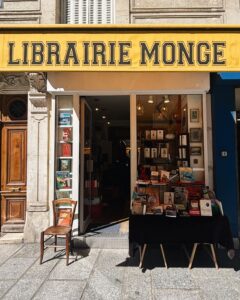



“After all, a good bookshop is a more thrilling place than any library, however admirable, can be… No library can afford the occasion for struggles of soul so tense as these; and the bookseller is richer than the librarian by the nature of his opportunity.
“But the majority of people go to a bookshop … not knowing what they want. That is the good bookseller’s chance.” (Felix Hope, PR35, “Readers and Critics, Part II”)
@tessakeath
July 1, 2025
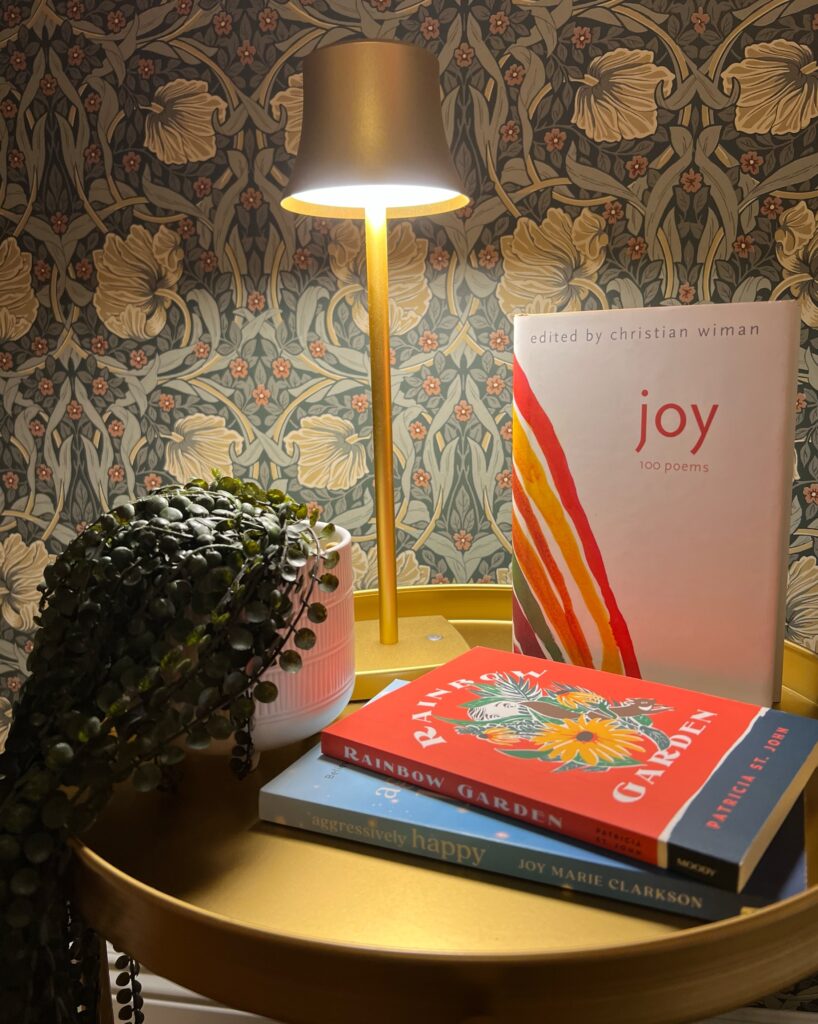
“I guess I wouldn’t think of the word ‘joy’ when describing my homeschool.”
This was a typical response when Nancy Kelly began telling people that she was preparing a talk on joy in our homeschools. One mom after another would say, “I need some of that in my home.”
Rather than being dissuaded by these negative responses, Nancy Kelly was propelled even more urgently to pursue her comprehensive study of joy. It is not an “extra,” she discovered. It is the “mainstay” of a living education.
Some talks can be grasped in a single listen and fill us with an inspiration or an idea. Nancy Kelly’s “Joy: Mainstay of a Living Education” is not one of those talks. Rather, it invites repeated listens and careful study. Begin with a first listen of her 2022 talk today here.
@artmiddlekauff
July 2, 2025
We have the most ridiculously cute baby skunks wandering around our neighbourhood. They have been around for over a week.
They like to play during the day time (!) near the high child traffic areas in people’s yards, like the trampoline, garden boxes, ditches, and swings. If they find a cat to play with, even better.
One child called his mom and said “come look at this cute squirrel” and at least two toddlers have walked towards one, arms outstretched, ready to cuddle the adorable pet!
We’d seen one alone, and two together, and a few days ago one of our neighbours spotted four together in her yard. We have no idea how many there are. And we’ve not seen a mom at any of the many many reported sightings.
They look so very cute, so very cuddly, and they waddle around in such a sweet and funny way, but…
Anyone here have a pet skunk or four? 🦨 🤣 🦨 🤣 🦨 🤣 🦨
@antonella.f.greco
July 3, 2025
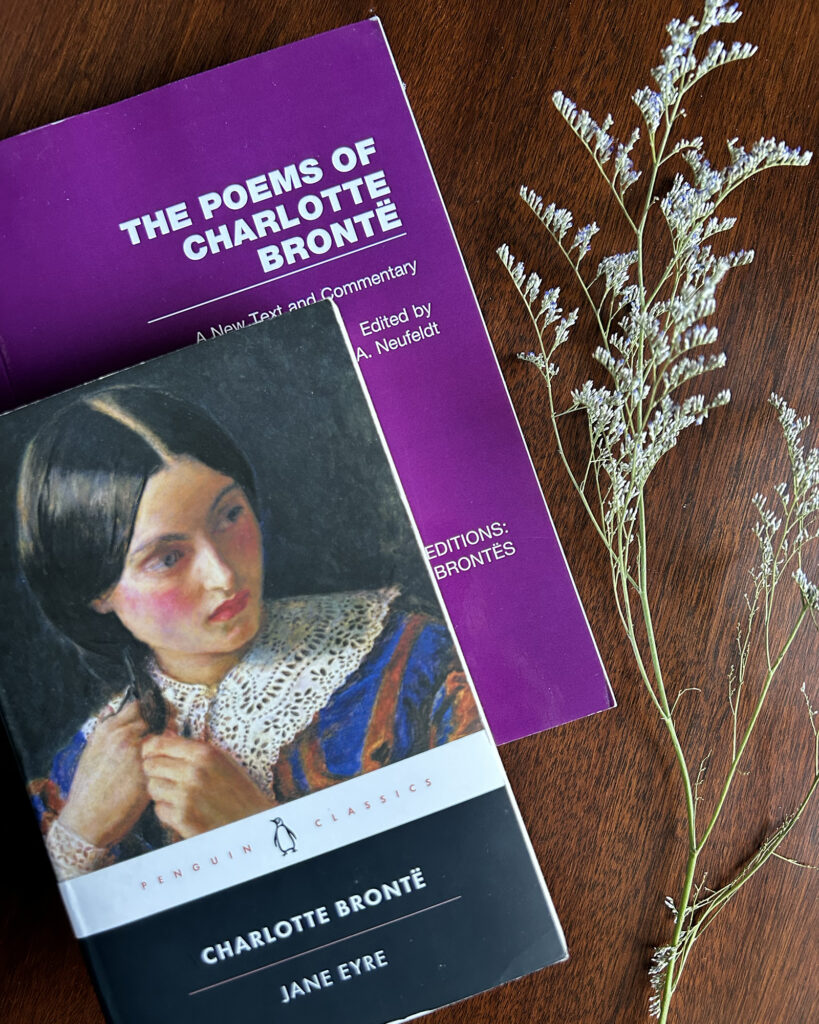
The magic of a Charlotte Brontë novel transports me to another world. Places, people, scenes, and sights all become real. The stories touch me as if they were happening to a loved one or a friend. Nowhere do I feel this more than the in garden scene of Jane Eyre, chapter 23.
“Do you think, because I am poor, obscure, plain, and little, I am soulless and heartless?” asks Jane. “You think wrong! — I have as much soul as you — and full as much heart!” These words moved me to record them in a commonplace years ago before I even knew what a commonplace was.
Reading the book with my son has been a delight… but especially when we reached this chapter. Yet though I had read it before, something new struck me this time.
You see, I’ve also been reading Charlotte Brontë’s poems. I’ve been reading her descriptions of sunsets, twilights, stars, and gardens. And yes, even of a chestnut tree. As I read the description of Jane Eyre wandering through the orchard — “no nook in the grounds more sheltered and more Eden-like” — I realized I was reading the fruit of years of a poet’s imagination.
Reading Brontë’s poems has given me new eyes for her prose. There in the garden, Jane says, “it is my spirit that addresses your spirit; just as if both had passed through the grave, and we stood at God’s feet, equal — as we are!” There in the schoolroom reading silently with my son, we were equals sitting at God’s feet, partaking of the words of a spirit that did indeed pass through the grave. And it felt a bit like Eden.
@artmiddlekauff
July 4, 2025

I was just eight years old when our country celebrated its 200th birthday. That entire school year we learned patriotic hymns, songs, and poetry which culminated in a star-spangled concert.
The seats of honor were filled with veterans and behind them sat our entire county—filling the bleachers, the gym floor, and spilling out into the corridor. It was 1976 and our rural community and nation were still reeling from the Vietnam War.
We students—all dressed in red, white, and blue—sang our hearts out with the audience joining in. The words, “Oh beautiful for spacious skies” rang out with a tremor that pulsed through us all and when we belted out “She’s a grand old flag” the audio technician had to take off his headset due to the volume!
Looking back, I believe the act of asking God to bless America and paying homage to the men and women in front of us, those that had gone before us, and to the emblem of the land we love brought our community great healing as we remembered our country’s core values.
Enjoy celebrating the 249th year of our nation’s birth! In the days that follow, as we gear up for its 250th, remember these words of Charlotte Mason:
But before we teach children to criticise the institutions of their country, before we teach them to be critical of what is bad, let us teach them to recognize and admire what is good. (Vol. 6, p. 126)
@rbaburina
July 5, 2025
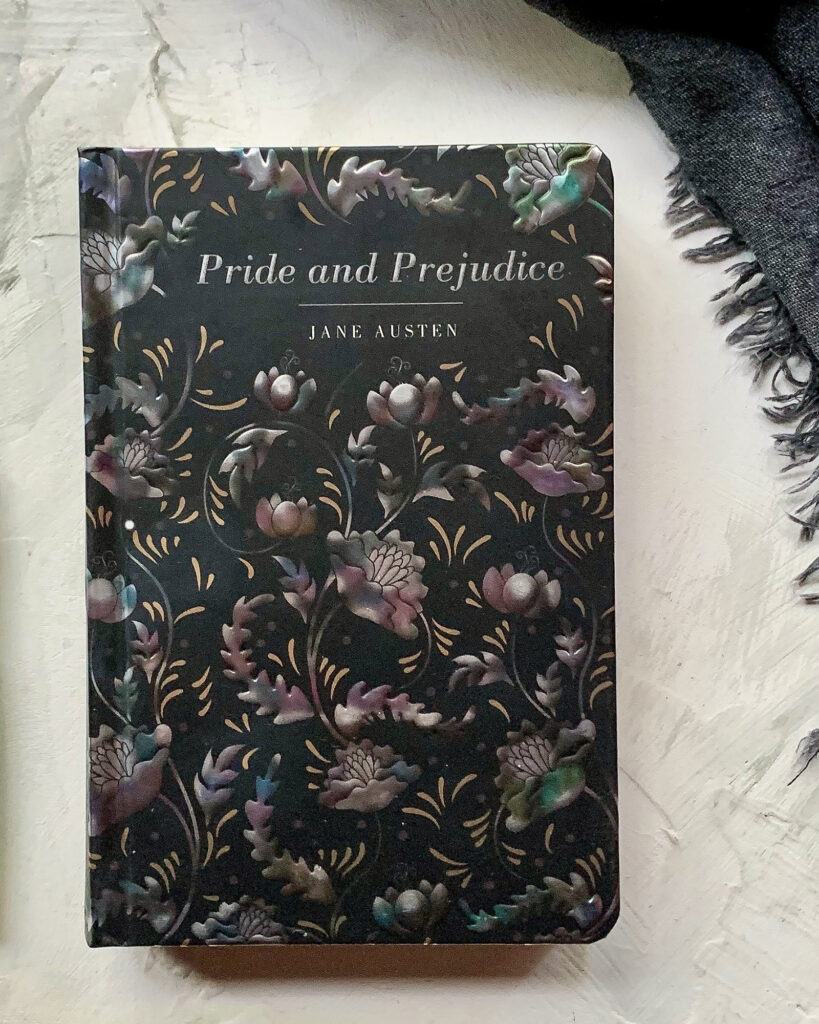
Have any of you seen the new Jane Austen movie or mini-series? If not, will you?
Let me know all about it—your thoughts, who you went with, did you dress up?
Just no spoilers, please, for those of us that haven’t gotten to watch them yet (like me).
@rbaburina
July 6, 2025
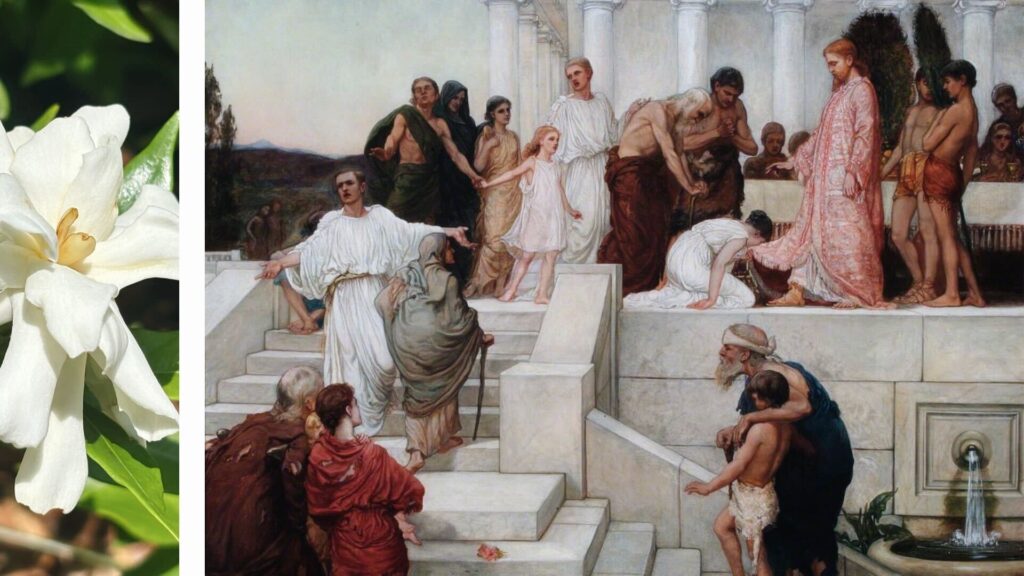
The meal setting of Luke chapter 14 concludes with verses 15–24. As D. L. Bock explains, “this is not an ordinary dinner party, nor is the conversation normal table talk. On the menu is theological and ideological reflection about what God is doing.” The final parable is no exception.
In Charlotte Mason’s poem, she observes that at this meal, “all Christ’s words were wholly lost,” for “one turned to Him with grave accost.” He called out, “Blessed is he who shall eat bread in the kingdom of God!”
On the surface of it, Christ’s response seems to surrender a straightforward interpretation. But N. T. Wright encourages us to dig deeper. “Christians, reading this anywhere in the world, must work out in their own churches and families what it would mean to celebrate God’s kingdom so that the people at the bottom of the pile, at the end of the line, would find it to be good news. It isn’t enough to say that we ourselves are the people dragged in from the country lanes, to our surprise, to enjoy God’s party. That may be true; but party guests are then expected to become party hosts in their turn.”
Follow this link to read or hear Charlotte Mason’s poetic reflection on this chapter.
@artmiddlekauff
🖼️: The Parable of the Great Supper by Theresa Thornycroft